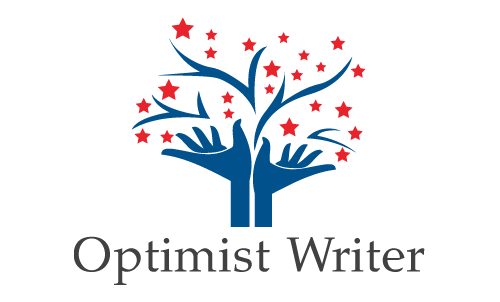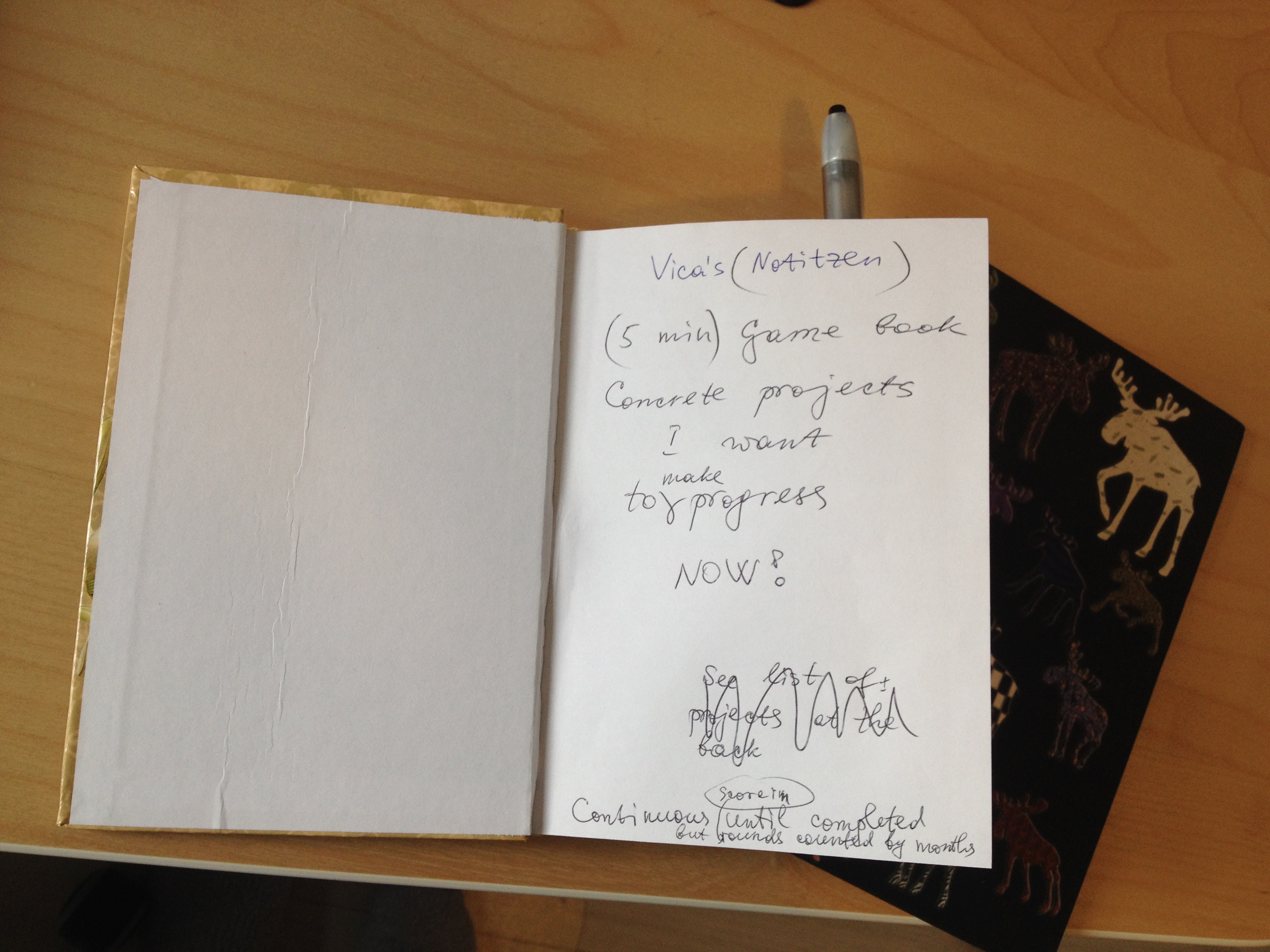Disclaimer: I am not a game designer. At least not literally.
I wrote a motivational book on how to learn perseverance, to make progress in a long procrastinated project, and how to do it almost effortlessly.
As I started writing this book, called “5 Minute Perseverance Game: Play Daily for a Month and Become the Ultimate Procrastination Breaker”, I had an idea to structure it in a way a board game description is structured. So I took a description of a game my husband gave me as a Christmas gift last year and put it beside my computer on my desk.
Then I also looked for the books addressing the game design.
I found two especially interesting:
- “The Game Inventor’s Guidebook: How to Invent and Sell Board Games, Card Games, Role-Playing Games, & Everything in Between!”, Brian Tinsman, 2008
I must admit, I haven’t finished reading either of the books yet. Instead, I enjoy them in bits and pieces. And every time I read in them, a light bulb comes connected to my work.
A few words on my background. Most of the time in my over 20 years working career, I had to address in one way or another various management tasks, including planning and development of the operational processes, quality assurance procedures, in areas ranging from solid state physics and semiconductor device manufacturing to information technology, business process design and configuration management. Now as an owner of my own business, besides the project and time management, I also carry out reportedly the trickiest art of management, the self-management.
While I wrote my book on perseverance, I took a project and imagined I played a game with my procrastinating self to find out who would gather more points, me in making steady progress, with small 5 min-work steps every day, or my procrastination in hindering the progress.
I had so much fun with the game and the initially thought as daunting project that I wondered whether I could play this game also with other projects I have. I called my project book “game book” and started recording there moves for each project-game. The way I recorded also changed depending on how busy my day was with appointments or on my general state of mind. But the fun and curiosity on how I could structure my day and make progress in many of the projects, I need to handle during the same day, were predominant.
Recently I continued reading Brian Tinsman’s book “The Game Inventor’s Guidebook: How to Invent and Sell Board Games, Card Games, Role-playing Games & Everything in Between!” and saw the following passage about Richard Garfield, the inventor of the game “Magic: The Gathering”:
“For years, Richard had been playing around with ideas for a game that was ‘bigger than what came in the box.’ Drawing inspiration from a classic science-fiction strategy game called Cosmic Encounter, he envisioned a game that set up rules, then let every card in the game break them in different ways. Further, no player would really know all the powers every card might have — players would constantly be surprised. Only a genius could bridge the gap between imagining such a game and actually designing it. ‘I had no idea if such a game could be designed.’ Richard recalls, ‘But I decided to give it a shot.’”
“Wow,” I thought, “Isn’t it what a successful manager, a great boss, and a brilliant entrepreneurs are? The geniuses who can bridge the gap between having an idea for a product, service, or the business development and actually doing it and demonstrating how this can be done? And aren’t our daily lives at work (and at home) the games having certain rules but with so many surprises breaking almost each of the rules?”
As I realized that, I sat there for a few seconds with an open mouth. I was in a public place when I had this epiphany, so I hurried to close my mouth and take on a nonchalant look as soon as I observed what I was doing.
A bit later I realized that the more I considered my work as a strategic game the more creative, and actually the more serious about the task I became. Truly serious, that is without drama but with utter concentration and attention for the task at hand. I’ve discovered a new (seeming) paradox for myself. The more I considered my work as a game and took with that care that I had fun while attending to my duties, the more diligent and efficient I became.
I will surely continue playing multiple project games in my working days and I recommend you to do the same. Besides if you are a manager or an entrepreneur, I highly recommend you to research on gamification, but also on game design and learn how to design games.
Here is the list of reasons why I think you should learn how to design games:
- Saying it with words of a chapter title in Brian’s Tinsman’s book on the game design, where he addressed one of the reasons why someone would want to design a game, “It’s Fun”.
- You’ll relax and your work will lose that dramatic scent we all are perfumed with, when we take our lives and our work much too seriously.
- You will have a glimpse into an incredibly fun and — in an inspiring way — strange industry, a magic land of its own.
- You might find out how your favourite games were designed and by that learn a little about yourself and why you like them.
- You might also find a connection between your favourite board or computer games and the job you are doing. My husband, for example, loves strategic computer games and his job has among other game theory at its basis.
- You’ll discover new ideas and be inspired to create your own ideas for the task at hand or for your team.
- You’ll start playing games and make your colleagues smile.
- Thus, you’ll be a pleasure to work with.
- You’ll be more relaxed and prepared when something unexpected happens.
- …
Somehow I think you could add to this list. So I’m wondering, have you ever had a similar or maybe even the same epiphany? Do you agree or disagree with the above? Why?
I would love to hear from you and wish you a lot of fun in your daily games.
Picture: My game book of projects.
© 2016 by Victoria Ichizli-Bartels
The e-book “5 Minute Perseverance Game: Play Daily for a Month and Become the Ultimate Procrastination Breaker” is available for only $2.99 at:
- Amazon.com
- Amazon.de
- Amazon.co.uk and other Amazon sites
- Kobo
- Scribd
- Buecher.de, Weltbild.de and other sites for Tolino
- Barnes&Noble for Nook
- iBooks
- Page Foundry (Inktera)
- 24symbols

